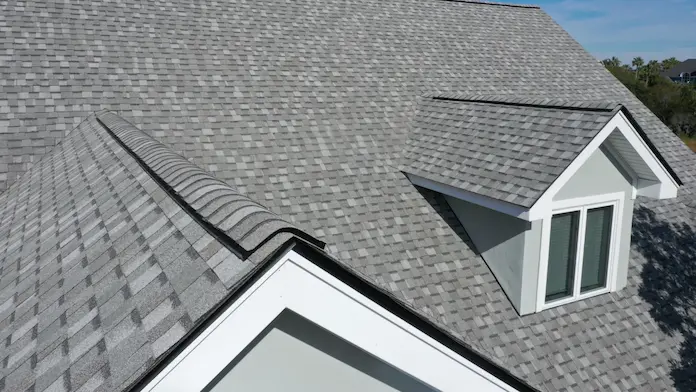How Much Does a Metal Roofing Cost?
What’s the Average Cost of a Metal Roof?
When considering a new roof, the cost is often the first question on everyone’s mind. For those contemplating metal roofing, the average cost in 2024 hovers around $28,000. This figure can vary significantly, with the typical range from $5,692 to $22,408. But what does this cost entail, and how can you ensure you’re getting the best value for your investment? The price of a metal roof encompasses several factors, from the size and style of your roof to the materials used and the complexity of the installation. The type of metal you choose—be it galvanized steel, aluminum, or premium copper—can greatly influence the final price tag. Moreover, the pitch and slope of your roof play a role, as steeper roofs require more materials and labor. In this article, you’ll gain insights into the nuances of metal roofing costs. We’ll explore the benefits of different materials, the impact of roof design on your budget, and tips for maximizing your investment. Stay tuned to uncover how you can optimize your roofing project for both performance and price.
Factors that Affect the Metal Roofing Cost
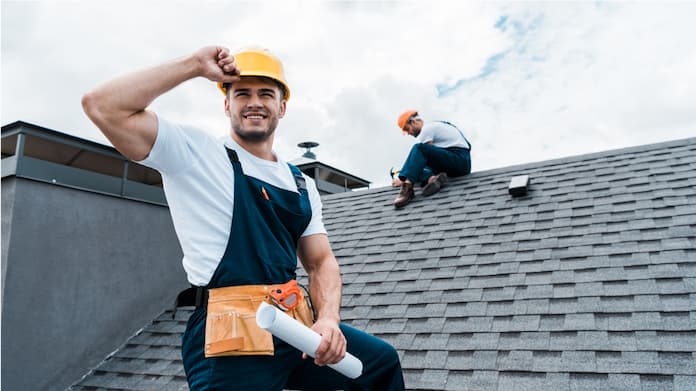
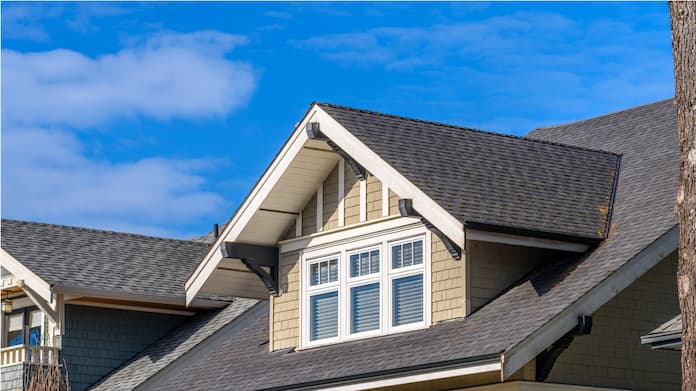
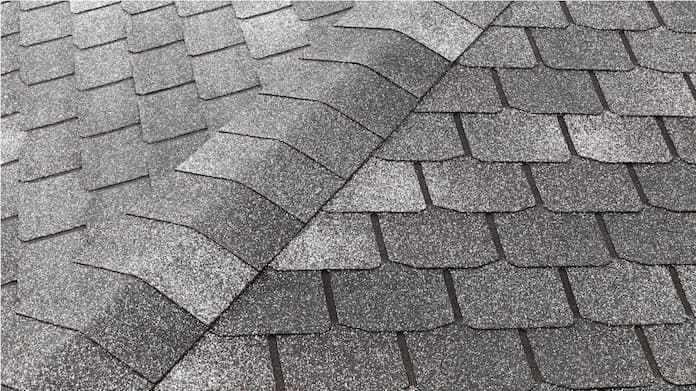
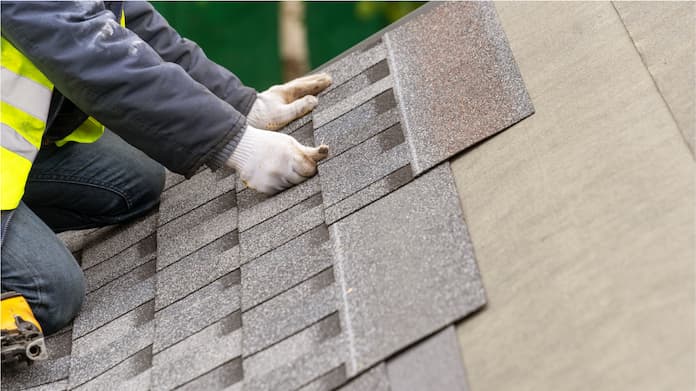
When considering the installation of a metal roof, several factors come into play that can affect the overall cost. Here’s a breakdown of the main factors:
- Size of the Roof: One of the biggest cost factors is the square footage of your roof. Metal roofing is priced by the square foot installed. The larger the roof area, the higher the total cost. On average, expect to pay $5 to $14 per square foot for materials and installation of a metal roof.
- Style of the Roof: The style of metal roofing panels affects costs. Modular press-formed panels or metal shingles cost 20-40% more than simple ribbed metal panels or corrugated styles due to their more detailed designs and additional waste. Stamped metal tiles or slate replicas can cost $10-$25 per square foot.
- Slope and Pitch: Low-slope roofs (3-in-12 pitch or less) are less expensive than steeply pitched roofs. Low slopes use fewer pieces and have simpler installations. Moderately pitched roofs (4-in-12 to 6-in-12) add 10-15% in labor costs over low slopes. Roofs over 6-in-12 pitch can increase costs by 20% or more due to more complex cutting, safety requirements, and installation difficulty.
- Roof Complexity: The design complexity of your roof influences both the installation process and cost. Roofs with multiple peaks, valleys, or dormers may require intricate installation techniques, resulting in higher labor costs. Features like chimneys, skylights, or roof vents might necessitate custom flashing or additional materials, adding to the overall expense.
- Labor cost to install a metal roof varies based on location, contractor rates, and the complexity of the project. It’s crucial to get multiple quotes to find the best value.
- Additional Features: Beyond material and labor costs, consider additional features or accessories. These can include insulation (for energy efficiency), underlayment (added protection), flashing (sealing joints and edges), and gutter systems (managing water runoff). While these features increase the upfront cost, they enhance the performance and longevity of your metal roof.
Understanding these factors will help you budget effectively and make informed decisions about your metal roofing project. Remember, investing in quality materials and skilled labor can save you money in the long run due to the durability and energy efficiency of metal roofs.
How the Material Affects the Metal Roof Cost
When considering the cost of metal roofs, the type of material used is a significant factor. Each material not only has a different cost but also offers varying benefits and longevity. Let’s explore how different materials can affect the overall cost of a metal roof.
- Zinc Roofing: Zinc is a durable and corrosion-resistant material. It's known for its ability to develop a patina that protects against further corrosion. The average cost for zinc roofing is between $10 to $20 per square foot.
- Copper Roofing: Copper roofing stands out for its longevity and the beautiful patina it develops over time. It is the most expensive option, with costs ranging from $15 to $30 per square foot.
- Aluminum Roofing: It is a popular choice due to its affordability and energy efficiency. Aluminum roof panel prices range between $5 to $11 per square foot, making it a budget-friendly option.
- Tin Roofing: Tin roofing, which is made of steel coated with tin, is an economical choice. The tin roof estimate is usually from $4 to $8 per square foot.
- Stainless Steel Roofing: Stainless steel roofing is known for its strength and resistance to corrosion. It typically costs between $8 to $18 per square foot.
- Steel Roofing: It is commonly used due to its lower cost and durability. Steel roofing prices range between $4 to $8 per square foot, depending on the type and finish of the steel.
How much does metal roofing cost depending on the used material? Here’s a brief comparison:
| Material | Metal Roof Cost Per Square Foot | 1,700 Square Feet Roof |
|---|---|---|
| Aluminum | $5 - $12 | $8,500 - $20,400 |
| Copper | $15 - $30 | $25,500 - $51,000 |
| Zinc | $10 - $20 | $17,000 - $34,000 |
| Stainless Steel | $8 - $18 | $13,600 - $30,600 |
| Galvanized Steel | $4 - $8 | $6,800 - $13,600 |
| Tin | $4 - $8 | $6,800 - $13,600 |
What Is Better: Do the Roof Yourself or Hire a Professional?
When considering the installation of a metal roof, homeowners are faced with the decision to either take on the project themselves or hire a professional. Both options have their advantages and disadvantages.
Doing It Yourself (DIY)
- Cost Savings: DIY projects can save you money on labor costs since you won’t be paying a professional
- Sense of Accomplishment: Completing a roofing project can be rewarding and boost your confidence.
- Flexible Schedule: You can work at your own pace and adjust the timeline to fit your availability.
- Learning Experience: Installing your roof can be a rewarding learning experience. It can provide you with valuable skills.
- Skill and Experience: Roofing requires specific skills and knowledge. Mistakes can lead to leaks, poor insulation, or structural issues.
- Safety Risks: Climbing on roofs can be dangerous. Falls are a common risk for inexperienced DIYers.
- Time-Consuming: Roofing projects take time, especially if you’re learning as you go.
- Risk of Mistakes: Without professional experience, the risk of mistakes increases. Errors can lead to leaks, structural damage, or the need for costly repairs.
Hiring a Professional
- Expertise: Professionals have the necessary training and experience to handle roofing projects efficiently.
- Quality Workmanship: Hiring a pro ensures proper installation, minimizing the risk of leaks and other issues.
- Safety: Professionals are trained to work safely on roofs and have the proper equipment to prevent accidents.
- Warranties and guarantees: Most roofers offer warranties on their work, protecting you from defects or leaks.
- Cost: Hiring a professional will be more expensive due to labor fees.
Dependency: You’ll need to coordinate schedules and rely on the professional’s availability. - Less Personal Involvement: You won’t experience the same sense of accomplishment as with a DIY project.
In short, DIY can save money, but it’s risky and time-consuming. Hiring a pro is safer, faster, and comes with a warranty, but it costs more. Consider your skills and comfort level before making a decision. If you are not certain, it is much better to hire a professional to avoid mistakes.
The Benefits of Installing the Metal Roof
While the initial cost of a metal roof may be higher than other options, like asphalt shingles, the long-term benefits can outweigh the upfront investment. Here are some of the key advantages to consider:
- Durability: Metal roofs are incredibly strong and can last for decades, often exceeding 50 years. They can withstand harsh weather conditions, including heavy snow, strong winds, and hail.
- Low Maintenance: Unlike other materials that may require frequent repairs or replacements, metal roofs require minimal maintenance. They are resistant to rot, mildew, and insect damage.
- Speed of Installation: Metal roofing materials come in multiple-shingle sections or in wide panels, which can be installed quickly, reducing the time and labor costs.
- Energy Efficiency: In summer, your metal roof will reflect sunlight. It will help keep your home cooler. This can lead to lower energy bills and reduced strain on your air conditioning system.
- Fire Resistance: Metal roofs are non-combustible, which can provide an extra layer of protection against wildfires or lightning strikes. This can be a significant advantage depending on your location and fire risk.
- Aesthetic Appeal: With a variety of styles and colors available, metal roofs can enhance the curb appeal of your home. They can mimic the look of traditional shingles, tiles, or even wood, providing both beauty and functionality.
- Increased Home Value: Due to their longevity, durability, and energy efficiency, metal roofs can increase the resale value of your home. They are a smart investment that can pay off in the long term.
- Environmental Friendliness: Most metal roofs are often made of recycle materials. At the end of their lifespan, you can also recycle them. This makes them a more sustainable roofing option.
How to Find a Reputable Metal Roofing Near You
Finding the right metal roofing contractor can be just as important as choosing the material itself. HomeBuddy can help simplify this process. This is a convenient service that connects you with pre-vetted, qualified metal roofing professionals in your area. With HomeBuddy, you can:
Request quotes from multiple contractors to compare prices and services.
See what other homeowners in your area have experienced with different contractors.
Easily schedule consultations with shortlisted contractors directly through HomeBuddy.
HomeBuddy takes the stress out of finding a reputable metal roofer, so you can focus on making the best choice for your home.
Frequently Asked Questions
- Frequently Asked Questions Does a metal roof block a cell phone signal?
- No, a metal roof does not typically block cell phone signals. However, if there are already weak signal issues in your area, a metal roof might amplify this problem. Solutions like signal boosters can help improve reception.
- Can I install solar panels on a metal roof?
- Yes, you can install solar panels on a metal roof. Metal roofs are well-suited for solar panels due to their durability and ease of installation without needing to drill holes.
- Can I install a metal roof over my old roof?
In many cases, you can install a metal roof over an existing roof, which can save time and disposal costs. It’s important to ensure that the existing roof structure can support the additional weight.
- Is a metal roof a good choice?
- Metal roofs are a great choice due to their longevity, durability, and energy efficiency. They can last up to 50 years or more and are often made from recycled materials.
- What are the weak points of a metal roof?
- The main drawbacks of a metal roof include the potential for denting, higher initial installation costs, and noise during rain or hail, although proper installation and insulation can mitigate these issues.
